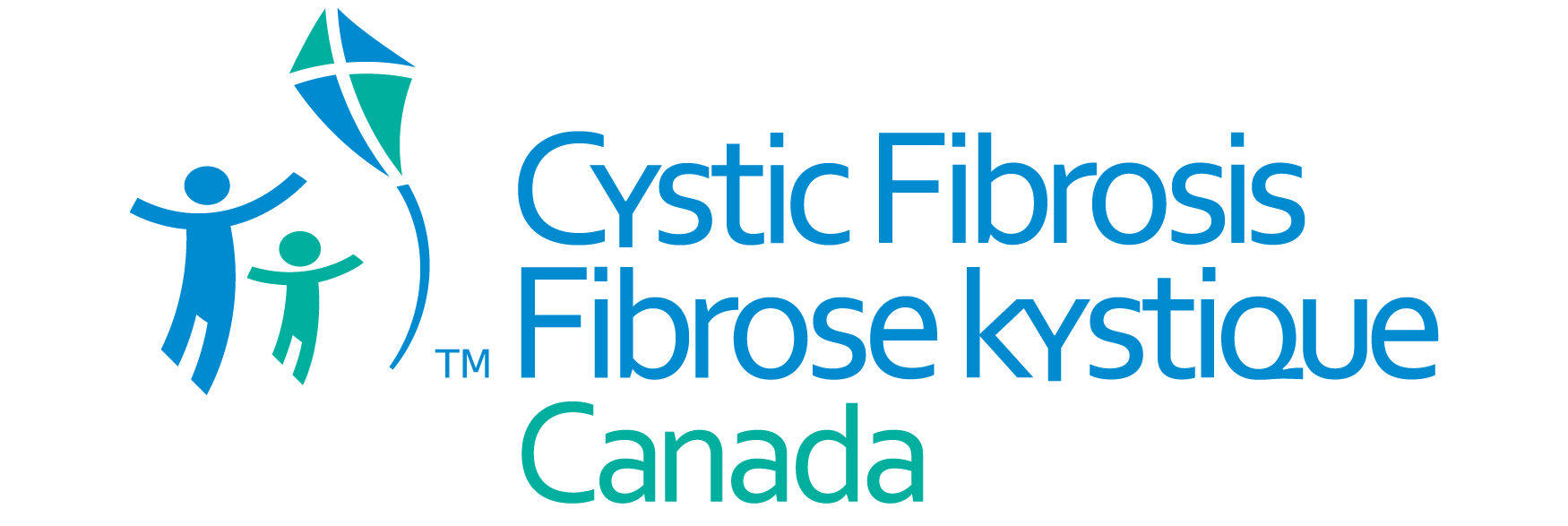Harnessing genetic information: Dr. Bowen Li's bold vision for cystic fibrosis
November 1, 2024Share this:

Harnessing genetic information: Dr. Bowen Li's bold vision for cystic fibrosis
Dr. Bowen Li is transforming the landscape of cystic fibrosis (CF) treatment with his pioneering work in RNA-based therapies. His bold vision aims to turn CF from a fatal disease into a manageable condition, using advanced RNA technology to tackle the disease at its genetic roots.
Through his work, Dr. Li is not only advancing scientific research but also offering new hope for people living with CF. His efforts illustrate a step toward a future where people can live beyond the limits of CF and enjoy a full, long and healthy life.
At the Leslie Dan Faculty of Pharmacy, University of Toronto, Dr. Li leads a lab focused on developing innovative RNA-based therapeutics for regenerative medicine and immunotherapy. RNA-based therapies use small pieces of genetic material called RNA to instruct the body on how to fight specific diseases. By employing technologies like AI-driven design and robotic laboratories, Dr. Li’s research is pushing the boundaries of how we approach CF treatment. This year, he received funding from Cystic Fibrosis Canada for his current project, "Engineering tRNA Lipid Nanoparticles for Suppressing Nonsense Mutations in CF," which leverages lipid nanoparticles (LNPs)—tiny particles made of fat—to deliver therapeutic RNA molecules directly into cells. This approach aims to overcome the genetic errors that cause CF, representing a significant leap forward in CF therapy.
Dr. Li's RNA therapeutics journey
Dr. Li’s journey into RNA therapeutics began with his postdoctoral research at MIT, where he tackled the challenge of delivering designed RNA to lung cells. Despite the challenges faced by delivering RNA through the mucus barriers in the lungs, Dr. Li's innovative design of new nanoparticles has overcome these barriers. His breakthrough in developing superior nanoparticles capable of efficiently crossing mucus and targeting lung cells has laid the foundation for his current research and propelled him into further exploration of RNA delivery systems.
At the University of Toronto, Dr. Li has expanded his research to include using CRISPR-Cas9-derived tools for editing genes, delivered directly to the lungs. This method involves sending two types of RNA into the lungs: one that creates the protein with gene-editing functionalities and another that guides it to the right spot. His team successfully edited genes (like CFTR) in lung cells, setting a new standard for gene editing without using viruses.
AI and research analysis
Artificial intelligence also plays a significant role in Dr. Li’s research. By using AI, his team can analyze large amounts of data quickly, which helps them design better nanoparticles for delivering RNA. This approach provides a detailed understanding of how the structure of these particles affects their function, guiding the development of more effective treatments for CF.?
"Artificial intelligence is revolutionizing how we design and optimize nanoparticle systems," Dr. Li explains. "By integrating AI-driven analysis, we can rapidly iterate and improve our delivery platforms to achieve better outcomes for patients."
His dedication to the CF community is evident not only in his research but also in his interactions with patients and families affected by the disease. Dr. Li emphasizes the importance of focusing on rare mutations and phenotypes within CF, advocating for research that addresses the needs of all patients.
"We need to ensure that our research benefits every CF patient, especially those with rare and challenging mutations," Dr. Li states. "Our goal is to develop therapies that can provide relief and hope to the entire CF community."
New therapeutic strategies
Dr. Bowen Li’s work in RNA therapeutics and his contributions hold promise for new therapeutic strategies that could significantly impact the lives of CF patients, particularly those with rare and challenging mutations. As Dr. Li continues to push the boundaries of RNA delivery and gene editing, his work paves the way for a future where CF and other genetic diseases may be effectively treated or even cured.
"Our vision is a future where genetic diseases like CF are no longer life-limiting," Dr. Li envisions. "Through innovative research and collaboration, we are moving closer to making this a reality."
Acknowledging the importance of community support, Dr. Li expresses heartfelt gratitude for the backing he has received. "I'm grateful for the research support from Cystic Fibrosis Canada and the support of donors whose generosity has provided the funding for this very impactful and meaningful initiative. I hope our research will be able to lead to translational and impactful outcomes that can someday lead to new therapeutics benefiting the entire CF community," he says.
